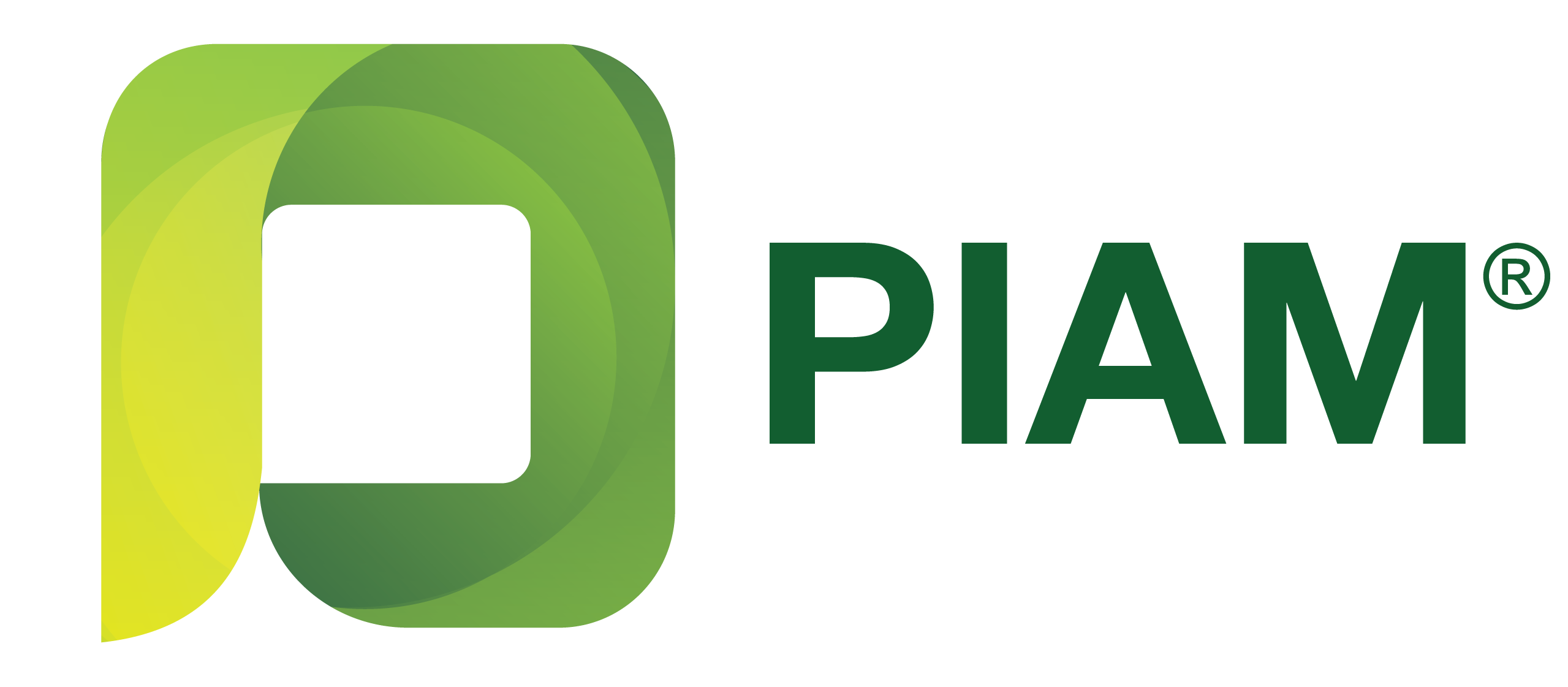INSURANCE INTERMEDIARIES
Insurance intermediaries assist in the placement and purchase of insurance, as well as provide services to insurance companies and consumers that complement an insurance transaction.
Traditionally, insurance intermediaries have been categorized as either insurance agents or insurance brokers. The distinction between the two relates to the manner in which they function in the marketplace.
INSURANCE AGENTS
Insurance agents are, in general, licensed to conduct business on behalf of an insurance company. Agents represent the insurance company and operate under the terms of an agency agreement with the insurer.
Depending on the terms of the agency agreement, an insurance agent may be authorized to solicit insurance business, collect premiums and issue cover notes on behalf of the insurance company. Some insurance agents also do provide an after sales service in assisting their clients in the event there is a claim to be made with their insurance company.
INSURANCE BROKERS
Insurance brokers are full-time professional intermediaries who act on behalf of potential policyholders. All Insurance Brokers are licensed by Bank Negara Malaysia and are registered with The Malaysian Insurance and Takaful Brokers Association (MITBA).
They represent their clients who want to buy insurance coverage and provide advice on the best insurance cover to meet their clients’ insurance needs and negotiate for the best possible terms for their clients with insurance companies. As an after sales services, brokers also help their clients in presenting claims to the insurance companies and in getting their claims settled. The brokers are paid a brokerage by the insurance companies.
More information about insurance brokers, please visit www.mitba.org.my.
DEALING WITH INSURANCE INTERMEDIARIES
Dealing with an insurance intermediary is something that we all have to do at some point. Therefore, learning how to deal with your insurance intermediary is essential. Here are a few tips to keep in mind.
- Ask for and check whether the person holds a valid authorization to carry out the business. For example the Intermediary should be licensed to sell general insurance by PIAM (for general insurance agents) and MITBA (for brokers).
- You can check if an insurance agent is an authorized agent via our Agents Search Portal.
- Check whether he or she has a good knowledge of various insurance products/policies through recommendations from your family or friends, if possible.
- He or she should understand your needs and what you are seeking. Always ensure that you consider only products that you can afford and will meet your needs. Beware of tall promises and over-selling tactics.
- Ask questions and understand the policy terms and conditions of the policy the Intermediary is trying to explain to you. If you are unsure, you may contact PIAM at pic@piam.org.my or the insurance company at their customer care hotline for clarifications.
- You must be satisfied that you understand what your commitments are. What are the payments or amounts that you have to bear not only when you take the policy but when you surrender it or when you make a claim.
- Ask for brochures and sales literature pertaining to the product you are considering or the intermediary is trying to sell. Get the intermediary to explain the full facts of the products, scope of cover and exclusions, as applicable.
- Insist on quality delivery and timely service. You can judge this by the turnaround time of the intermediary during the period of pre-sale when he or she is dealing with you.
- Fill up the proposal form yourself. Never ever sign on a blank proposal form. If you find terms in the proposal form that you do not understand, ask the intermediary to explain it to you.
- When you make premium payments through an Intermediary, check whether he is authorized to do so by the insurance company and insist on a duly signed receipt immediately.
- After receipt of your policy, go through it thoroughly and if you do not understand certain terms contact your intermediary and get them explained or contact your insurance company.
- Ask the intermediary questions about documents and procedures involved in making a claim and understand them completely. In the event of a claim, there may be other agencies you may have to intimate apart from the insurance company. Get complete details about what you are expected to do.
PREVENTING INSURANCE FRAUD
- Be wary of unregistered insurance agents. Before purchasing insurance, contact your insurance company or check with PIAM to ensure the agent is an authorized agent.
- Avoid paying premiums in cash. Opt to pay for premiums by cheque or money order. Made payable to the insurance company instead of the agent.
- Make sure you receive a written policy after payment of your first premium.
- Immediately examine your insurance policy to ensure the coverage is what you have requested for and ensure that the premium amount paid is reflected in the cover note/policy. Request for a receipt as evidence of payment of premium.
- Do not sign a blank insurance application or insurance claim form.
- Be suspicious if the price of insurance seems suspiciously low from other insurance companies.
- If you meet with an accident, be careful of strangers who offer you quick cash or urge you to deal with specific workshops, medical clinic or law firm. They could be part of a fraud syndicate.
- Insist on detailed bills for repairs and medical services rendered and check for accuracy.
- Discreetly contact your insurance company or PIAM or the police if you are being defrauded or have been/are being persuaded to take part in a fraud. Provide as many details as possible about the incident – name of the individual(s) involved, amount, date(s), and type of fraud.

